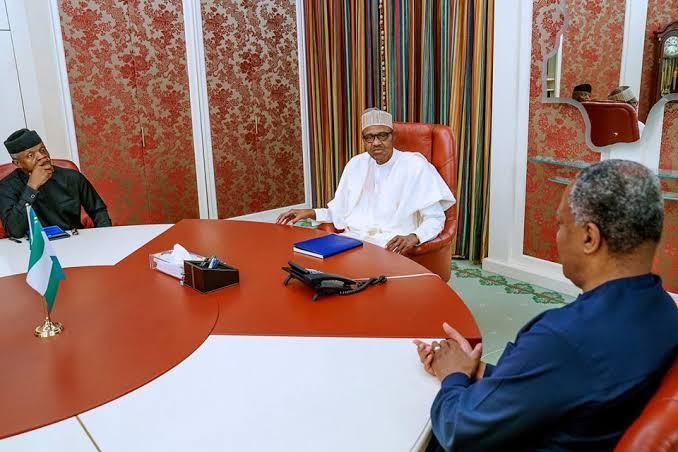
The 28th World Economic Forum on Africa has ended in Cape Town, South Africa, producing notable outcomes.
Nigeria boycotted the WEF to protest xenophobic attacks against Nigerians and other Africans in South Africa.
Vice President Yemi Osinbajo was scheduled to represent Nigeria at the event.
The boycott is one of the steps taken by Nigeria to protest the xenophobic attacks that have led to at least 10 deaths including two foreigners and destruction of several businesses. Nigeria also recalled its ambassador while President Muhammadu Buhari sent a special envoy to South Africa.
Although Nigeria boycotted the event, some top private Nigerians including ex-World Bank vice president Oby Ezekwesili and banker Jim Ovia attended the event.
Mr Ovia, however, withdrew after the first day of the event following public criticism.
After three days of intensive discussion, the WEF launched an action plan to tackle the crisis of gender-based violence in Africa, particularly South Africa.
The plan was initiated by African Monitor, working with multiple stakeholders and backed by the South African Government.
The plan has three core priorities, which include working with the technology industry to deploy a free emergency response system for women under attack in nine provinces in South Africa, support women entrepreneurs as a means of promoting economic empowerment and establishing a fund to help support South Africa’s gender-based violence strategy and action plan.
Other outcomes of the forum include:
– The launch of the African Risk Resilience Platform, which combines private-sector resources with those of governments to help countries prepare for climate and disease-related disasters.
Agenda, initiated by the World Economic Forum in partnership with the International Trade Centre, with the aim of promoting cross-border data services in Africa, an industry that could create three million jobs across the region by 2025.
– The launch of a new foundation by the African Union, in partnership with the World Economic Forum, to pave the way for the private sector to help build capacity and resources to strengthen health security across the continent.
– The launch of an innovation challenge by the World Bank and the Forum, in partnership with African governments, with the aim of finding new ways of using drones across Africa.
– The partnership between the Forum and Ghana in implementing the Global Plastic Action Partnership which aims to combine public- and private-sector resources to tackle plastic pollution and unmanaged waste (The partnership is the first signed with an African country, following an initial partnership signed with Indonesia earlier this year) and
– Five private sector partners announced $23 million in new pledges for the Global Fund’s Sixth Replenishment (donors include Goodbye Malaria, Project Last Mile, GBCHealth, Zenysis Technologies and Africa Health Business.)
The 2019 World Economic Forum on Africa was held from September 4 to 6 in Cape Town, under the theme: “Shaping Inclusive Growth and Shared Futures in the Fourth Industrial Revolution”.
The meeting convened more than 1,000 regional and global leaders from government, business, civil society and academia to explore new models to help Africa achieve success at a time when technology is creating dramatic economic and societal shifts.
You may be interested

Neymar Should Have Won Five Ballon d’Or Awards —Buffon
Webby - November 19, 2024Legendary Italian goalkeeper Gianluigi Buffon has said Brazilian star Neymar should have won at least five Ballon d’Or awards.In an…

NPFL: Finidi Satisfied With Rivers United’s Draw Vs Remo Stars
Webby - November 18, 2024Rivers United head coach, Finidi George has expressed satisfaction with his team’s performance in Sunday’s Nigeria Premier Football League (NPFL)…

Van Nistelrooy Applies For Vacant Coventry Coaching Job
Webby - November 16, 2024According to talkSPORT, (Yahoo! Sport) Van Nistelrooy has already applied for the vacant manager role at Championship side Coventry City.This…

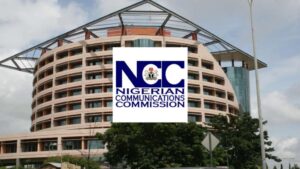



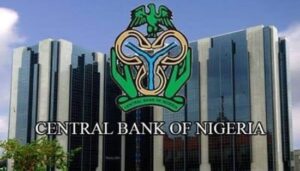





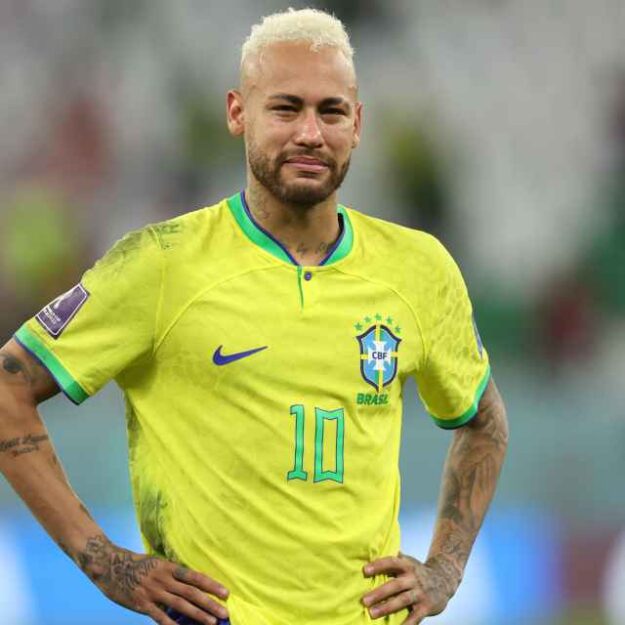
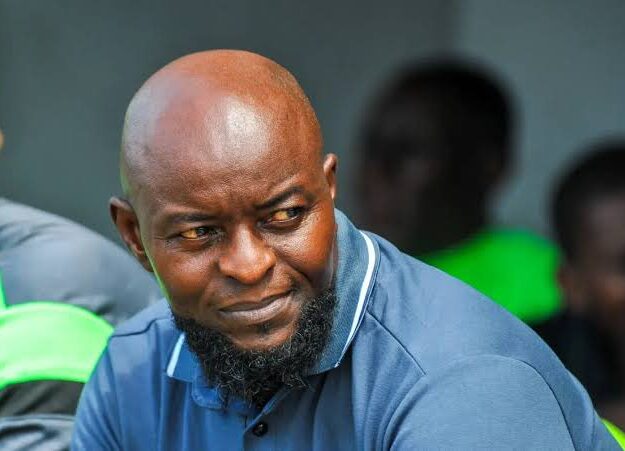
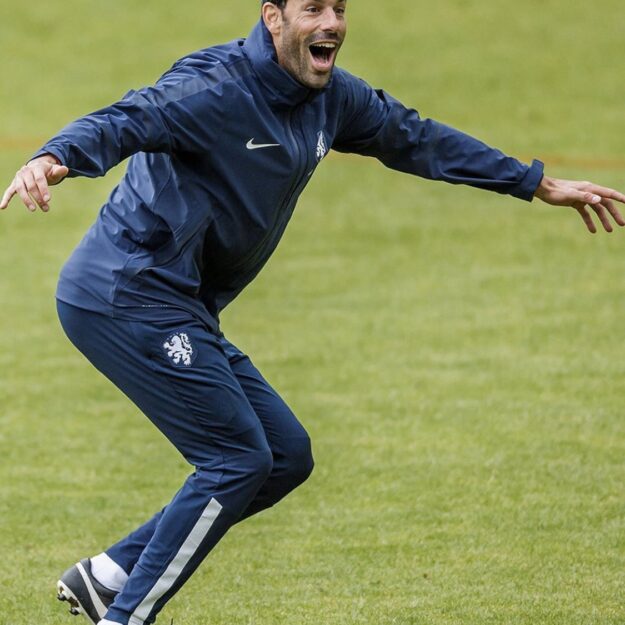


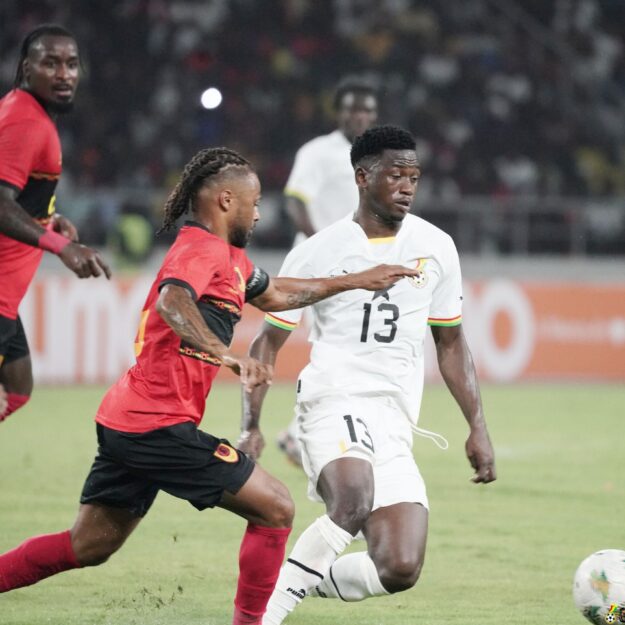
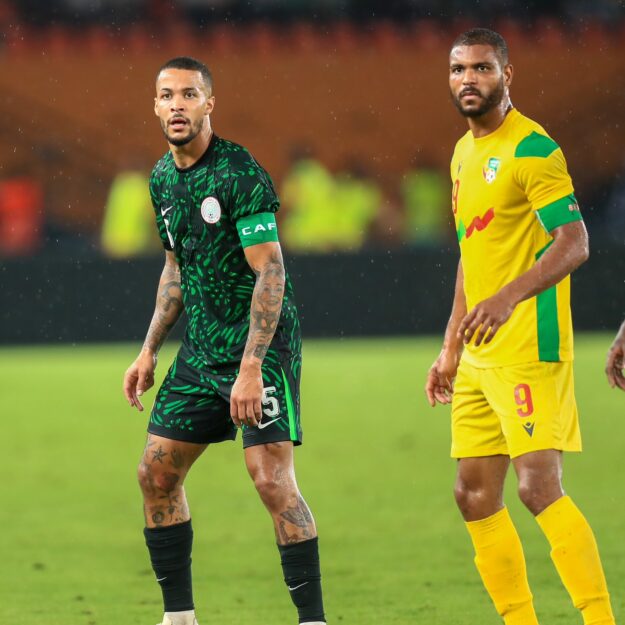

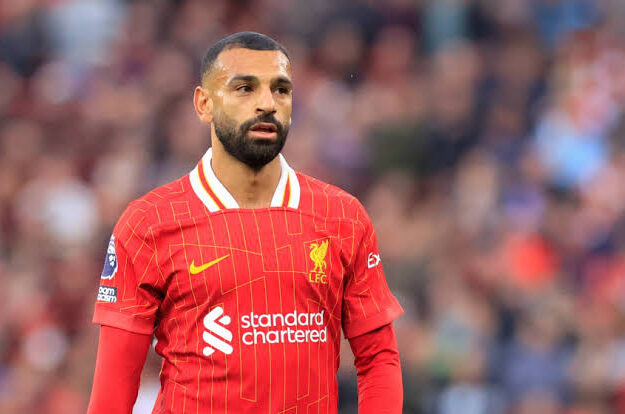

![American Pastor, David Wilson Seen Eating The Box Of Woman Who Isn’t His Wife [Video]](https://onlinenigeria.com/wp-content/uploads/2019/10/american-pastor-david-wilson-seen-eating-the-box-of-woman-who-isnt-his-wife-video-150x150.jpg)









